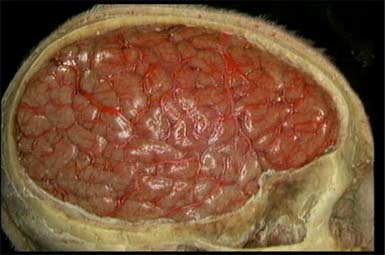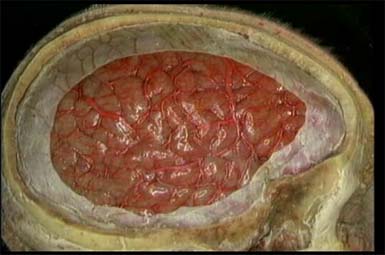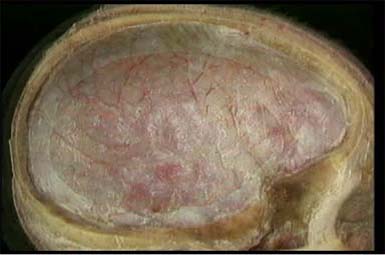Fall Semester 2008-9
Welcome to the web page of the Neuro and Muscle Physiology section of the “Human Physiology” course, offered by the Cyprus International Institue. This section of the course is currently taught by Dr. Constantinos Pitris.



Introduction
Physiology is the study of life, specifically, how cells, tissues, and organisms function. Physiologists are constantly trying to answer key questions in areas ranging from the functions of single cells to the interactions between human populations and our environment. Physiology is important because it is the foundation upon which we build our knowledge of what “life” is, how to treat disease, and how to cope with stresses imposed upon our bodies by new environments. Physiological studies of normal biological function provide the basis for understanding the abnormal function seen in disease.Neurophysiology in particular is the part of physiology which is concerned with the study of low-level functioning of the nervous system. Accordingly, muscle physiology covers the functioning of muscles, as well as the initiation and control of motion.
Lecture Presentations
Other Material
Movies and Animations (ZIP)
Notes
- Lecture 1 – Notes (PDF)
- Lecture 2 – Notes (PDF)
- Lecture 3 – Notes (PDF)
- Lecture 4 – Notes (PDF)
- Lecture 5 – Notes (PDF)
Miscellaneous Notes
Sample Exam Questions (PDF)
Bibliography
Course Text:
- Human Physiology (Laureale Sherwood, 6th Edition)
Other:
- Textbook of Medical Physiology (Guyton & Hall)
- Physiology (R Berne & M Levy)
- Review of Medical Physiology (W.F. Ganong)
Biology Review:
- R.M. King, Biology made simple (Made Simple Books, Aug 2003, ISBN-10: 0767915429)
- Online Biology Course at Carnegie Mellon
- Biology 101 On-line Course Materials at Palomar College